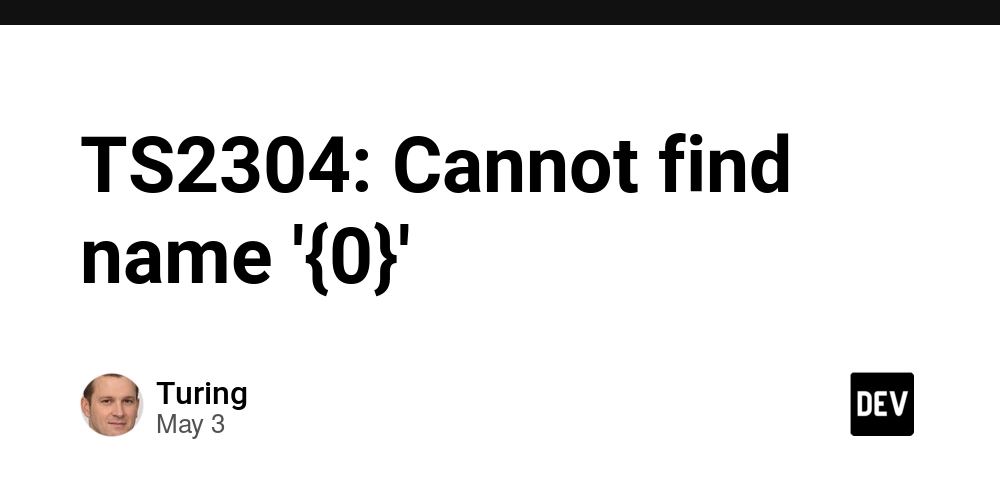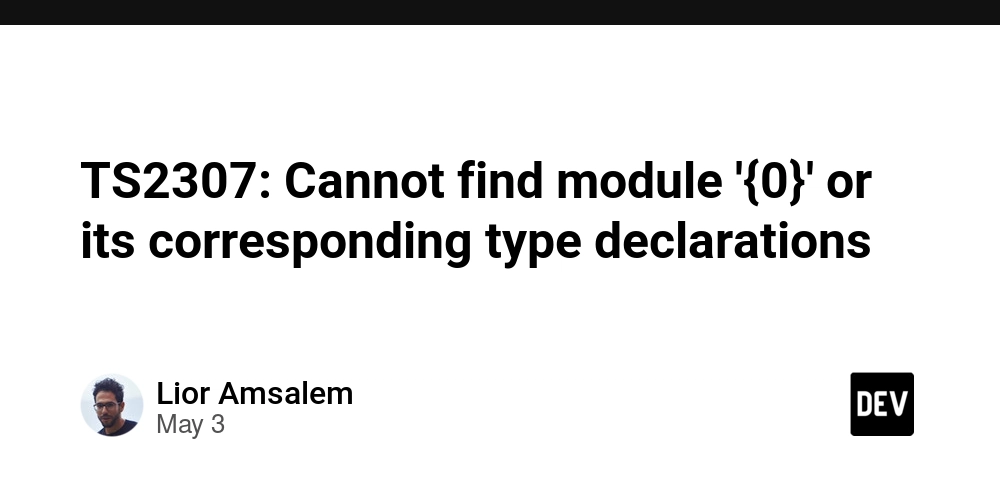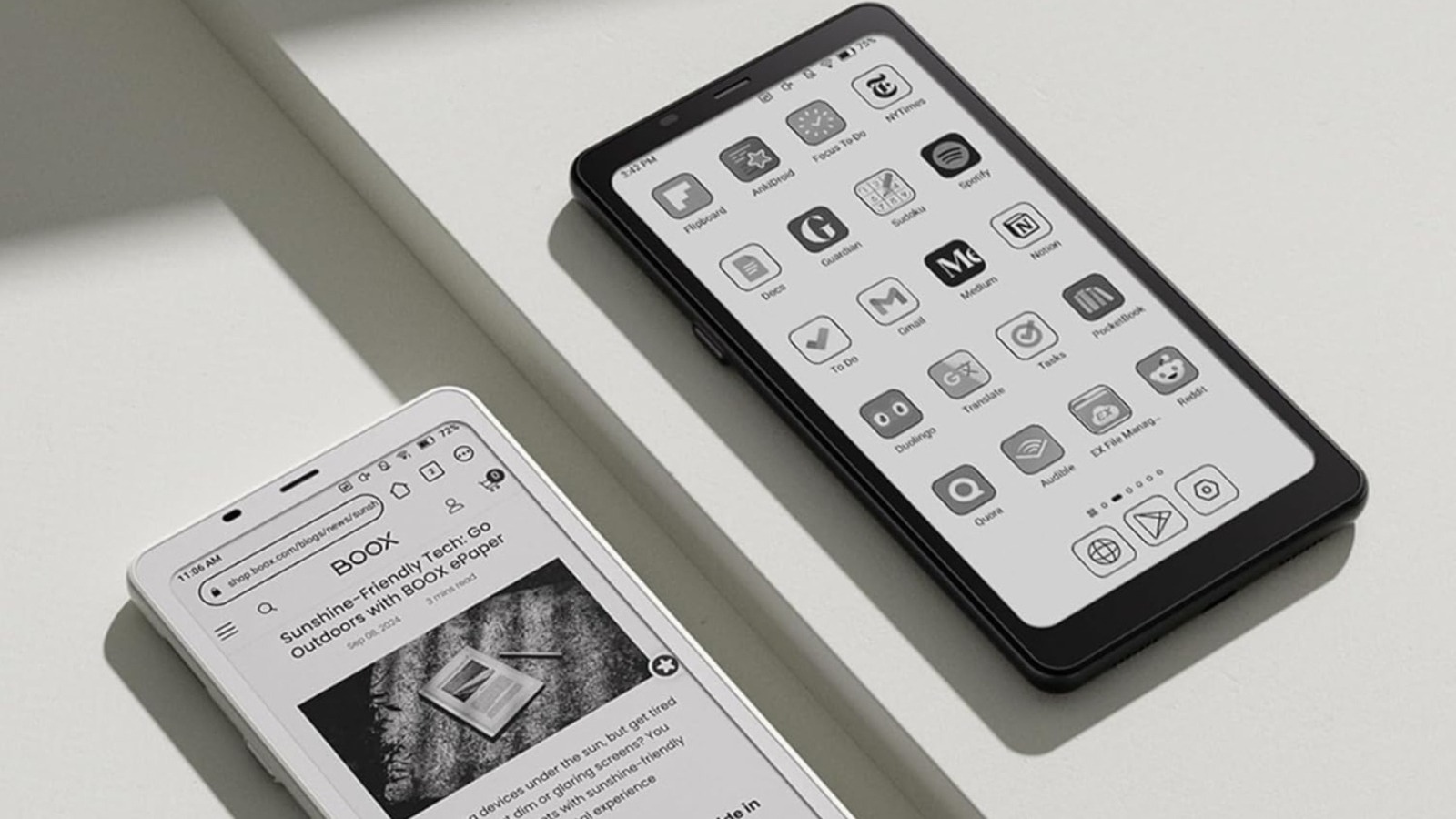Thick Skin, Open Mind: How to Take Hits Without Shutting Down
It happens faster than a bad merge. You’re standing in the team meeting, explaining a design decision you thought was - dare you say - pretty solid. And then it hits: "Why would we even do it like that? That doesn’t make sense." Said with all the gentleness of a brick through a window. The room shifts. You feel your ears burn. Part of you wants to snap back. Another part wants to disappear entirely. Instead, you nod stiffly, pretend to take notes, and spend the next three hours mentally drafting your resignation letter. Welcome to Real-World Software Engineering™. (We hope you enjoy your stay.) Today’s Myth: Thick skin means you stop caring. Reality? Thick skin isn’t about turning into a grizzled, dead-inside cynic. It’s about staying in the arena - grounded, curious, still willing to adapt - when people throw mud. Here’s how. The 3-Second Buffer: Don’t Take the First Swing When the punch lands, your nervous system wants to fight, flight, or freeze. (Or, if you're fancy: Slack-message your work friend something deeply unprofessional.) Before you do anything, install a 3-second buffer: Pause. Breathe. Ask: Is this about me? Is this about the work? Is this about their bad day? Most of the time, it’s Option C, with a side of Option B. You don’t have to decide the full meaning right away. You just have to not throw gasoline on the fire in the first five seconds. You’ll thank yourself later. Signal vs Noise: Mine the Gold, Ignore the Static Not all feedback is wrapped in a TED Talk bow. Some of it is crammed inside a flaming paper bag. Some of it sounds like it was written by a very tired wizard. Your job isn’t to grade the delivery. It’s to separate signal (something useful) from noise (tone, ego, weirdness). Mechanism: Ask yourself: If a calm, competent friend said this to me, what would I hear? Capture that part. Drop the rest. The biggest power move in engineering isn’t defending your ego. It’s updating your model of reality faster than your critics can update theirs. (See also: Say What You Mean Without Being a Jerk) The Trusted Filter: Sanity Is a Team Sport Sometimes you can’t tell if you’re being irrational or if someone’s actually being a jerk. That’s why you build a Trusted Filter - one or two colleagues who: Will reality-check you Will tell you the truth (not just what you want to hear) Know your intentions When you start spiraling, check with them. "Am I off base here?" "Was that feedback fair, or was it just messy?" Outsourcing some of your emotional processing to a trusted filter isn’t weakness. It’s intelligent load balancing. Internal Metrics for Sanity: Play Your Own Game If you let the room define your success, you’ll end up playing emotional pinball forever. Instead, define your own metrics ahead of time: Did I stay clear? Was I honest? Did I act according to my values? If you can say yes to those, you’re winning - even if someone else throws a tantrum about your Jira ticket titles. You’re not trying to be unshakeable because nothing matters. You’re trying to be unshakeable because the right things matter. (See also: Take the Blame, Pass the Praise) Feel the Hit. Stay in the Fight. Thick skin isn’t about becoming numb. It’s about not getting knocked out of the arena every time someone forgets their manners. You’re allowed to feel the hit. You’re allowed to care. You’re just not required to crumble. The best senior engineers don’t just survive rough moments. They stay curious, stay adaptive, and stay in the damn fight. Take the hit. Stay open. Play your own game.

It happens faster than a bad merge.
You’re standing in the team meeting, explaining a design decision you thought was - dare you say - pretty solid. And then it hits:
"Why would we even do it like that? That doesn’t make sense."
Said with all the gentleness of a brick through a window.
The room shifts. You feel your ears burn. Part of you wants to snap back. Another part wants to disappear entirely. Instead, you nod stiffly, pretend to take notes, and spend the next three hours mentally drafting your resignation letter.
Welcome to Real-World Software Engineering™.
(We hope you enjoy your stay.)
Today’s Myth: Thick skin means you stop caring.
Reality? Thick skin isn’t about turning into a grizzled, dead-inside cynic. It’s about staying in the arena - grounded, curious, still willing to adapt - when people throw mud.
Here’s how.
The 3-Second Buffer: Don’t Take the First Swing
When the punch lands, your nervous system wants to fight, flight, or freeze.
(Or, if you're fancy: Slack-message your work friend something deeply unprofessional.)
Before you do anything, install a 3-second buffer:
Pause. Breathe. Ask:
- Is this about me?
- Is this about the work?
- Is this about their bad day?
Most of the time, it’s Option C, with a side of Option B.
You don’t have to decide the full meaning right away. You just have to not throw gasoline on the fire in the first five seconds.
You’ll thank yourself later.
Signal vs Noise: Mine the Gold, Ignore the Static
Not all feedback is wrapped in a TED Talk bow.
Some of it is crammed inside a flaming paper bag.
Some of it sounds like it was written by a very tired wizard.
Your job isn’t to grade the delivery. It’s to separate signal (something useful) from noise (tone, ego, weirdness).
Mechanism:
- Ask yourself: If a calm, competent friend said this to me, what would I hear?
- Capture that part. Drop the rest.
The biggest power move in engineering isn’t defending your ego.
It’s updating your model of reality faster than your critics can update theirs.
(See also: Say What You Mean Without Being a Jerk)
The Trusted Filter: Sanity Is a Team Sport
Sometimes you can’t tell if you’re being irrational or if someone’s actually being a jerk.
That’s why you build a Trusted Filter - one or two colleagues who:
- Will reality-check you
- Will tell you the truth (not just what you want to hear)
- Know your intentions
When you start spiraling, check with them.
"Am I off base here?"
"Was that feedback fair, or was it just messy?"
Outsourcing some of your emotional processing to a trusted filter isn’t weakness.
It’s intelligent load balancing.
Internal Metrics for Sanity: Play Your Own Game
If you let the room define your success, you’ll end up playing emotional pinball forever.
Instead, define your own metrics ahead of time:
- Did I stay clear?
- Was I honest?
- Did I act according to my values?
If you can say yes to those, you’re winning - even if someone else throws a tantrum about your Jira ticket titles.
You’re not trying to be unshakeable because nothing matters.
You’re trying to be unshakeable because the right things matter.
(See also: Take the Blame, Pass the Praise)
Feel the Hit. Stay in the Fight.
Thick skin isn’t about becoming numb.
It’s about not getting knocked out of the arena every time someone forgets their manners.
You’re allowed to feel the hit.
You’re allowed to care.
You’re just not required to crumble.
The best senior engineers don’t just survive rough moments.
They stay curious, stay adaptive, and stay in the damn fight.
Take the hit.
Stay open.
Play your own game.













































































